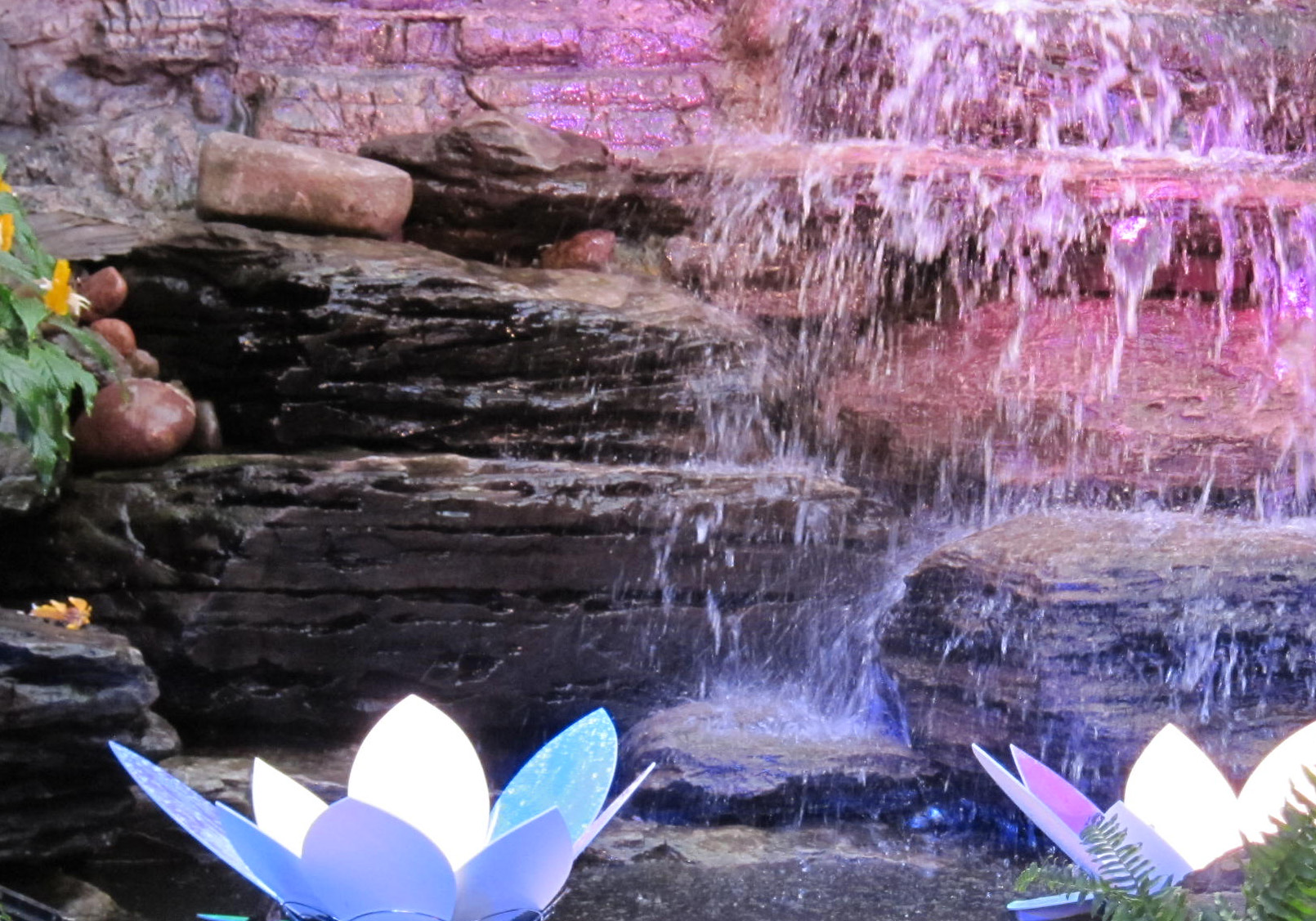
Karma is based on a natural law of Karma Niyama – the order of an act and a result – one of many in the Buddhist philosophy requiring no lawmaker to be involved. Karma produces an inevitable result, not in reward or punishment, but simply as a succession event.
“Karma literally means action or doing. Any kind of intentional action whether mental, verbal or physical is regarded as Karma. … In its ultimate sense Karma means all moral and immoral volition. Involuntary, unintentional or unconscious actions, though technically deeds, do not constitute Karma, because volition [decision-making] … is absent.” Source: www.buddhanet.net
Some people think of karma as fate or destiny. I personally do not subscribe to the philosophy that my life has been predetermined, and therefore believe that I can greatly influence and choose the direction it takes. So I prefer to interpret Karma as an action that I have control over, rather than a preordained condition or predestination, into which I am thrust.
The Collins Dictionary provided this definition: “Karma is the belief that your actions in this life affect all your future lives.” Whether you interpret “future lives” to be reincarnated ones, or simply your own immediate future, to me Karma is about “paying it forward”.
Personally, I believe that the more good deeds we produce – the more good results we can expect. In the Karma Kreatives blog, I will endeavor to describe how the good thoughts, words, deeds, and actions of many – working individually and collectively – can make the world a happier, healthier, ecologically-improved, or more creative place.
Believing in Karma implies that we can create and enjoy our own happiness. It suggests that we can influence and architect our own destiny or mission in life. We cannot know what the destiny is until we arrive at it – but the actions we take in our lifetime will certainly be forming the path to get there.
I think that a philosophy of “reduce, re-use, and recycle” will result in good karma for me and my grandchildren and all future generations. I have also come to the realization that as a western society, we have too much “stuff” and can live with much less (having been as guilty as anyone else of over-purchasing during my lifetime).
Healthy living is also important. If we take good care of our own minds and bodies, we become less dependent on the rest of the world, including the medical community and family, to care for us later in life. I have a desire to create good karma (thought, word and deed) in the present, that will hopefully serve me in my future life – and into my later years.
By our very own efforts, there are opportunities to create new and better environments, in our lives and those of our loved ones, every day.
What good Karma are you creating? Are you doing this by yourself or as part of a collective or a family? What role does the communal force play in your success?